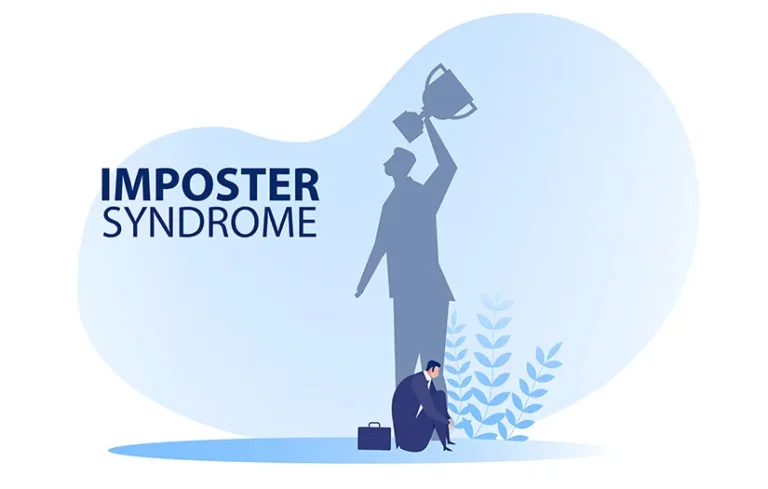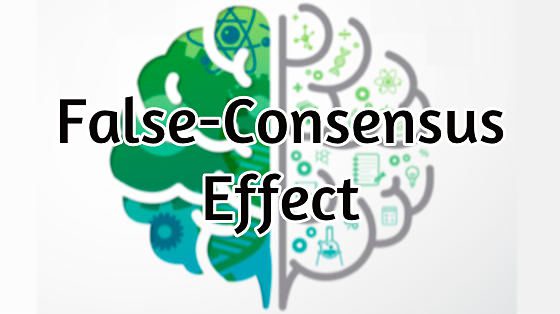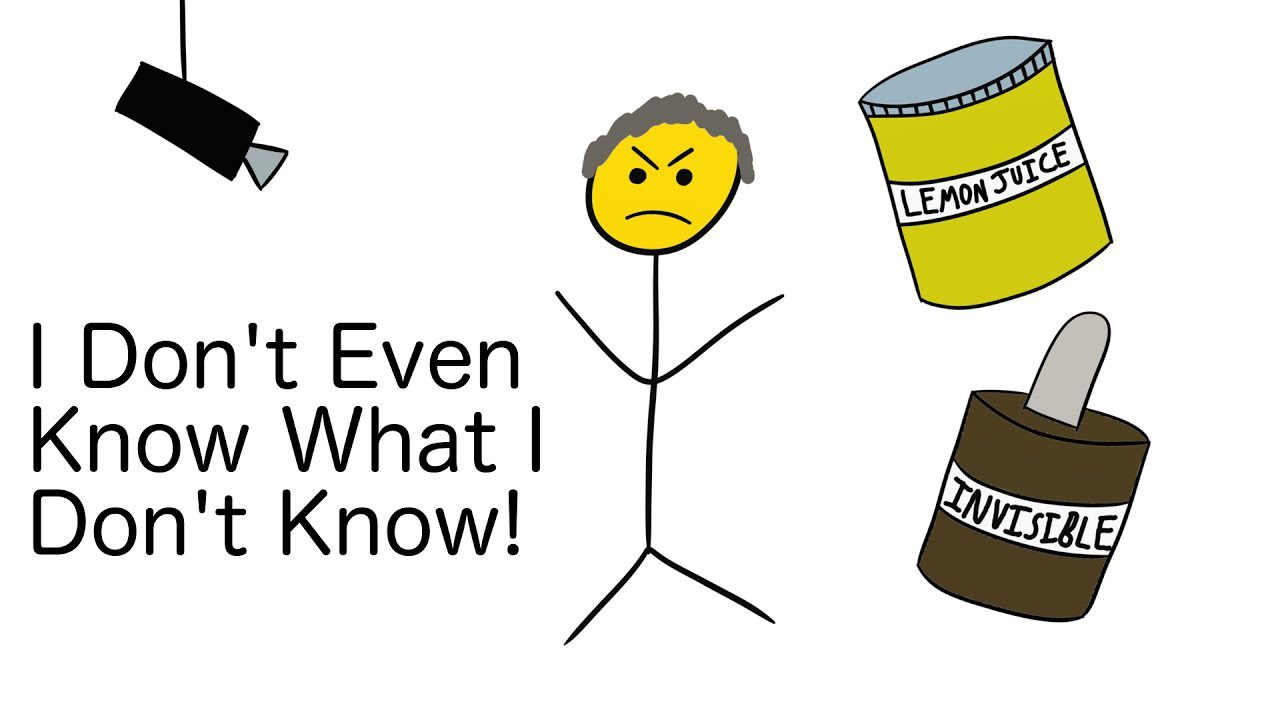The impostor phenomenon, an experience of feeling incompetent and of having deceived others about one’s abilities, is reviewed. Impostor feelings are shown to be associated with such characteristics as introversion, trait anxiety, a need to look smart to others, a propensity to shame, and a conflictual and non-supportive family background. It is a psychological occurrence in which people doubt their skills, talents, or accomplishments and have a persistent internalized fear of being exposed as frauds 1 Impostor syndrome is the psychological experience of believing that one’s accomplishments came about not through genuine ability, but as a result of having been lucky, having worked harder than others, or having manipulated other people’s impressions. (Clance & Imes, 1978).
Impostor phenomenon occurs as a result of seeking self-esteem by trying to live up to an idealized image to compensate for feelings of insecurity and self-doubt.




